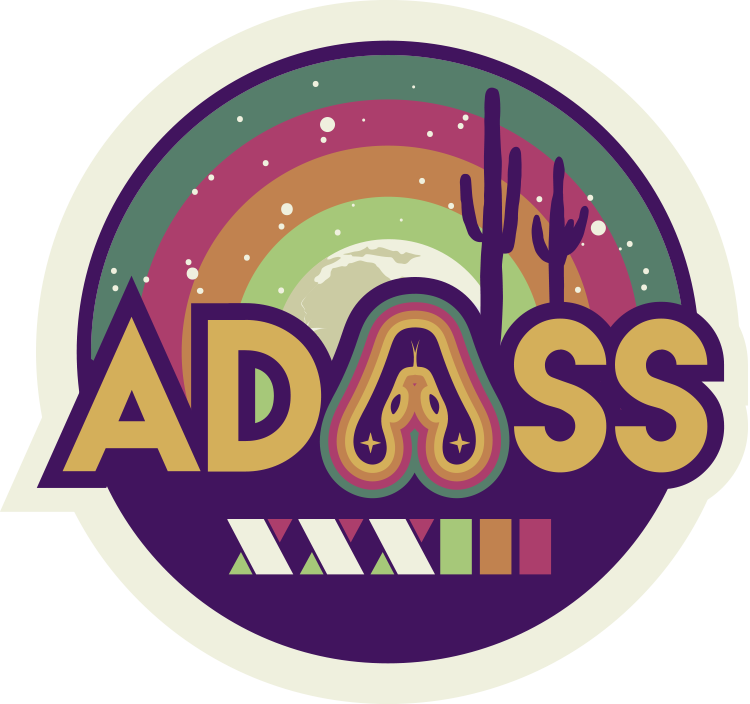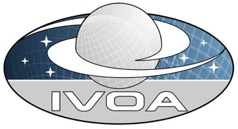ADASS posters are displayed all week
When
Theme: AI in Astronomy
Simulations are the best, and often the only, approximation to experimental laboratories in Astrophysics. However, the complexity and richness of their outputs severely limits the interpretability of their predictions. We describe a new conceptual approach to obtaining useful scientific insights from a broad range of astrophysical simulations. These methods can be applied to state-of-the-art simulations and will be essential to automate the data exploration and analysis of the next-generation exascale simulations and the extreme data challenges they will present. Our concept is based on applying the latest advances in unsupervised deep learning algorithms to efficiently represent the multidimensional datasets produced by Astrophysics simulations and to learn compact but accurate representations of the data in a low-dimensional manifold that naturally describes the data in an optimal feature space. The data can seemingly be projected onto this latent space for interactive inspection, visual interpretation, and quantitative analysis, including the option of deriving symbolic expressions to build interpretable models. We present a working prototype of the pipeline using an autoencoder trained on galaxy images from SDSS (or equivalently simulated galaxies) as well as the Illustris simulations, to produce a natural ‘Hubble tuning fork’ similarity space that can be visualized interactively on the surface of a sphere by exploiting the power of HiPS tilings in AladinLite.



